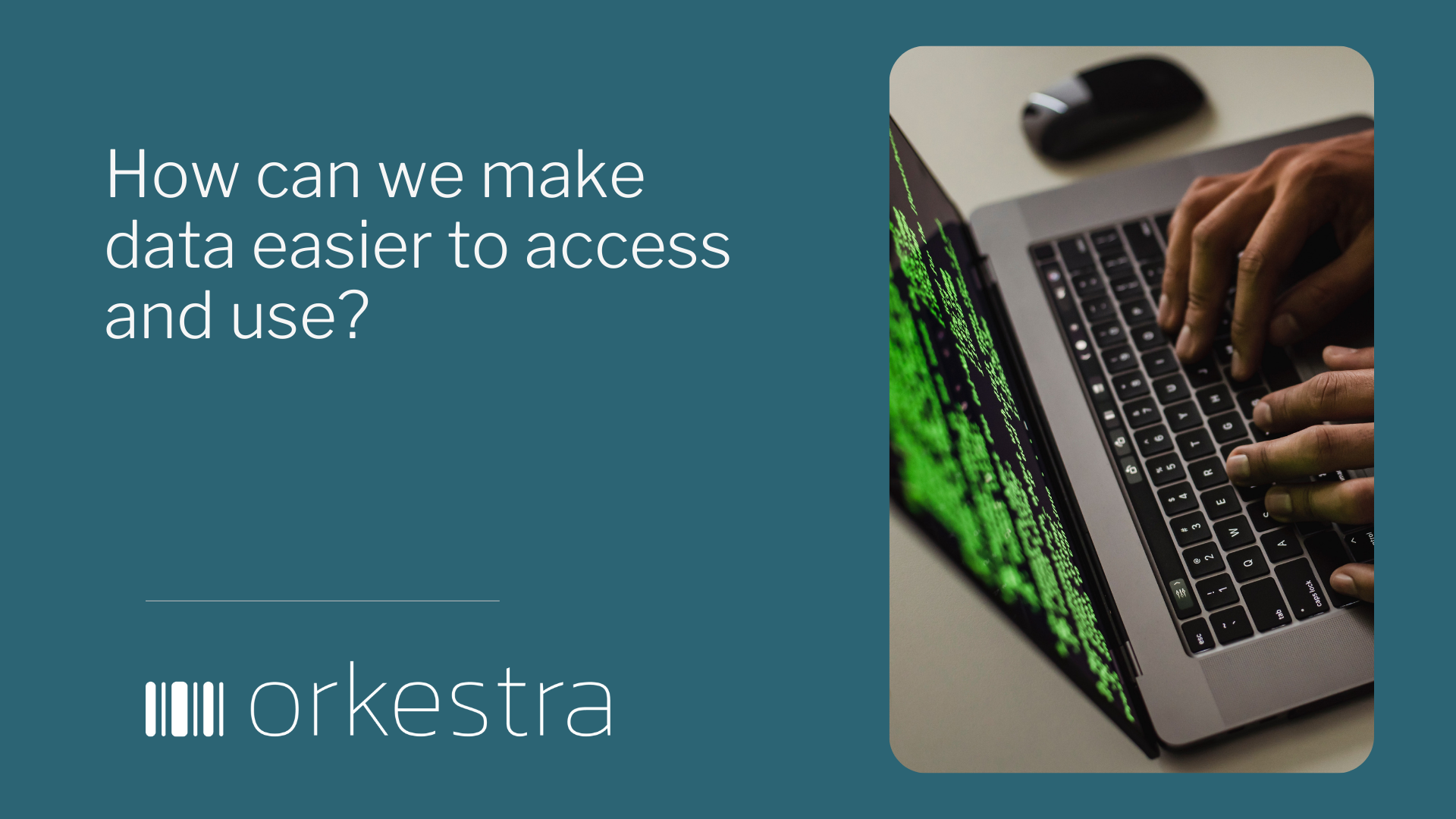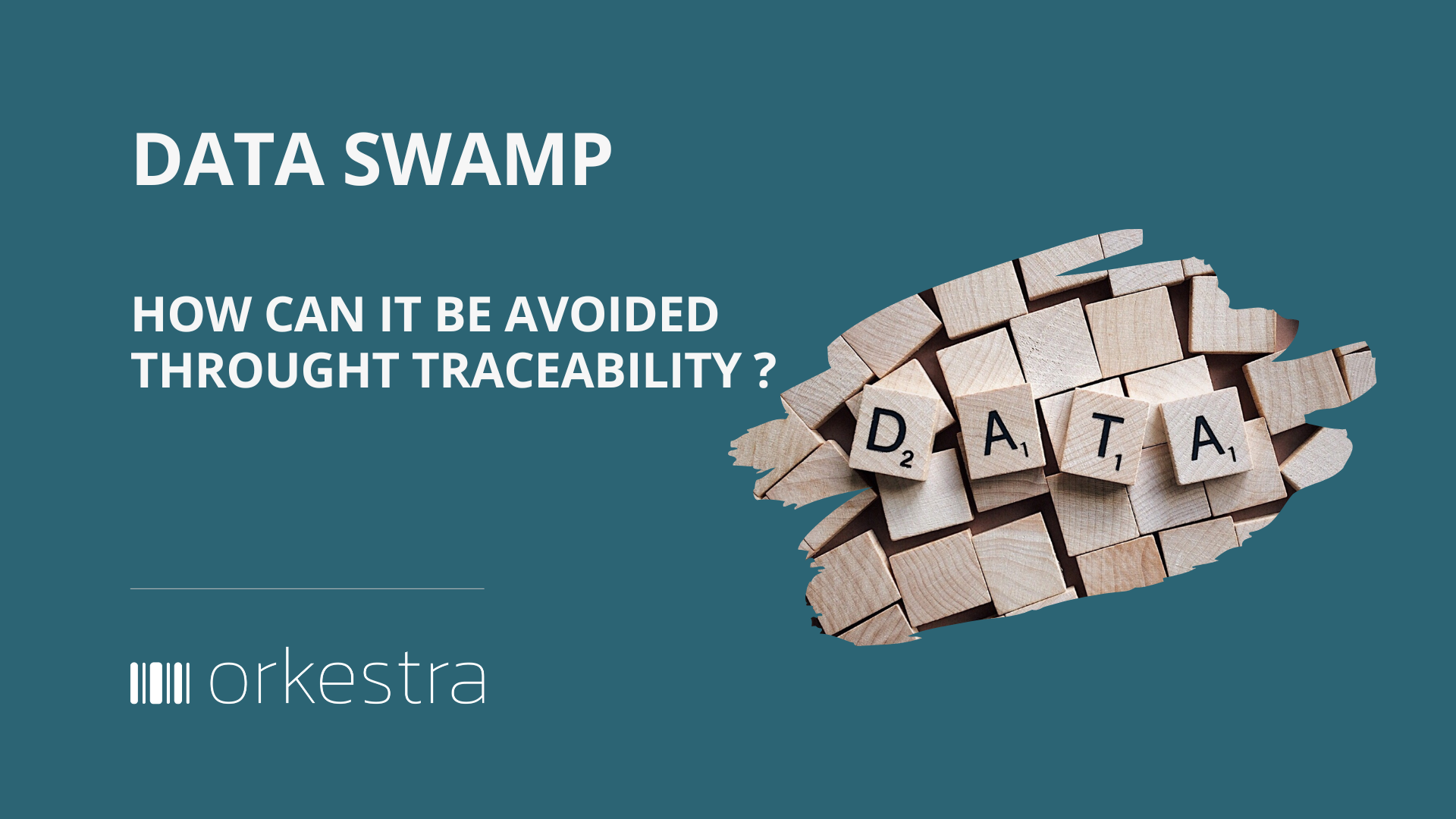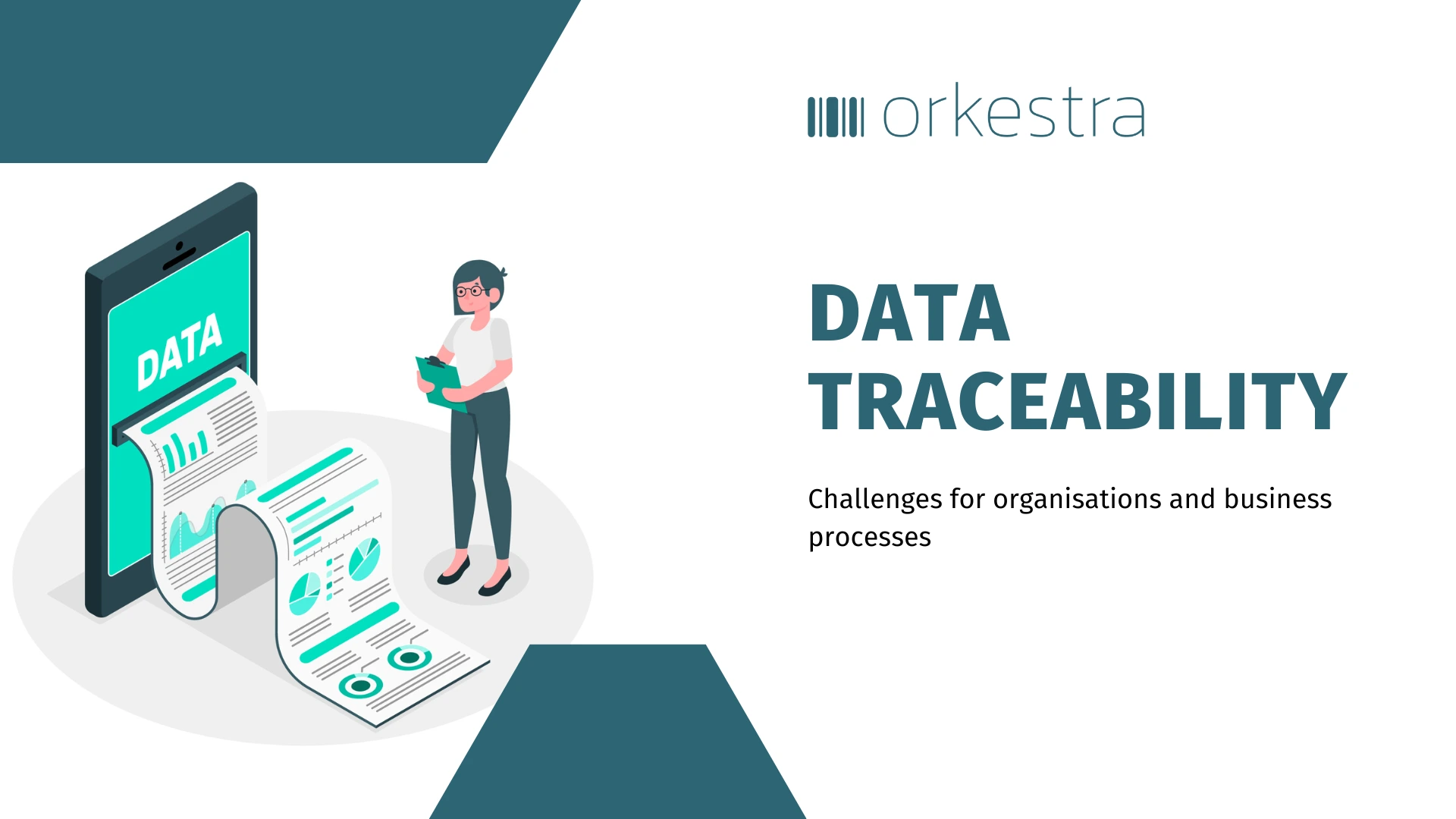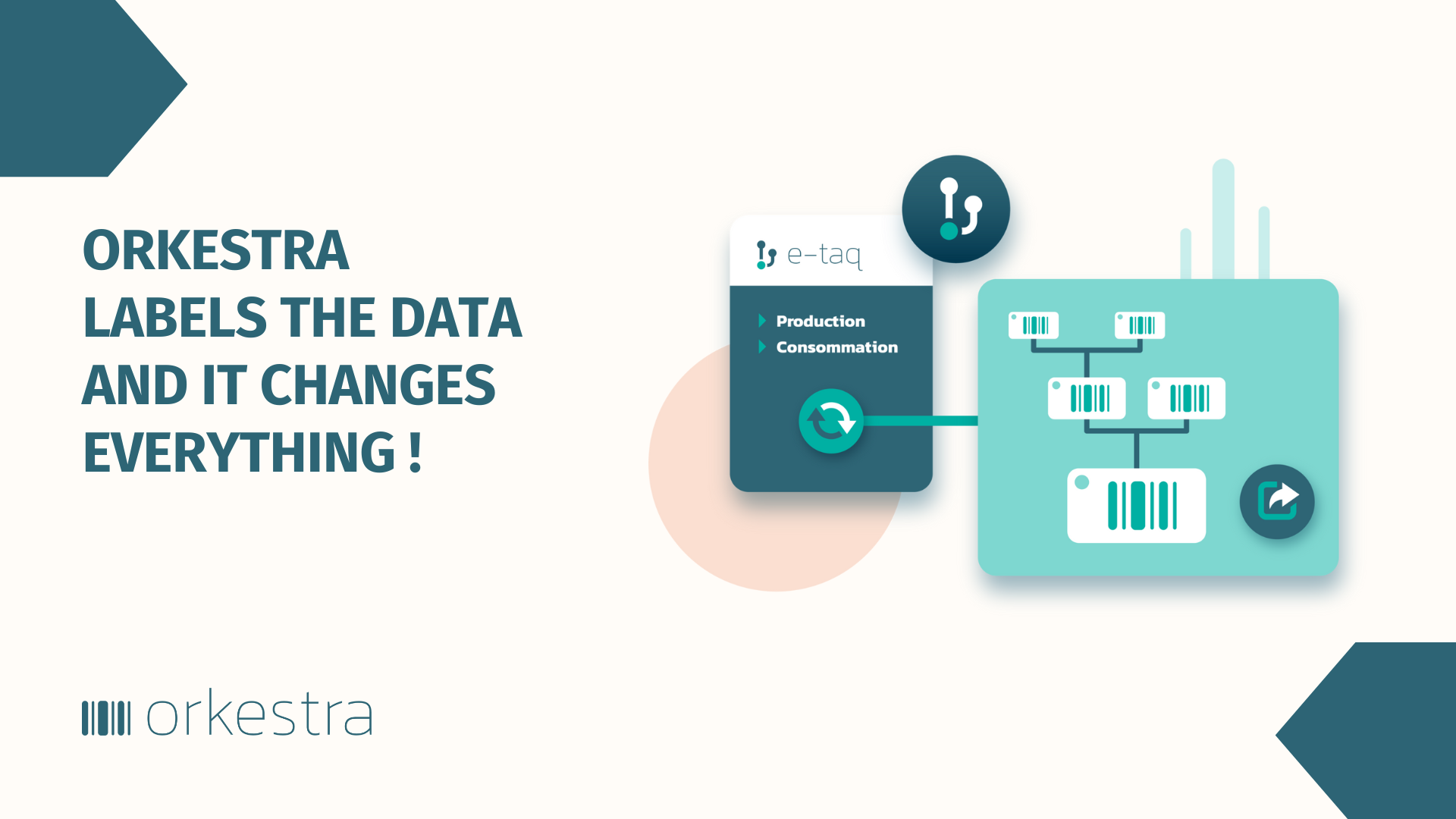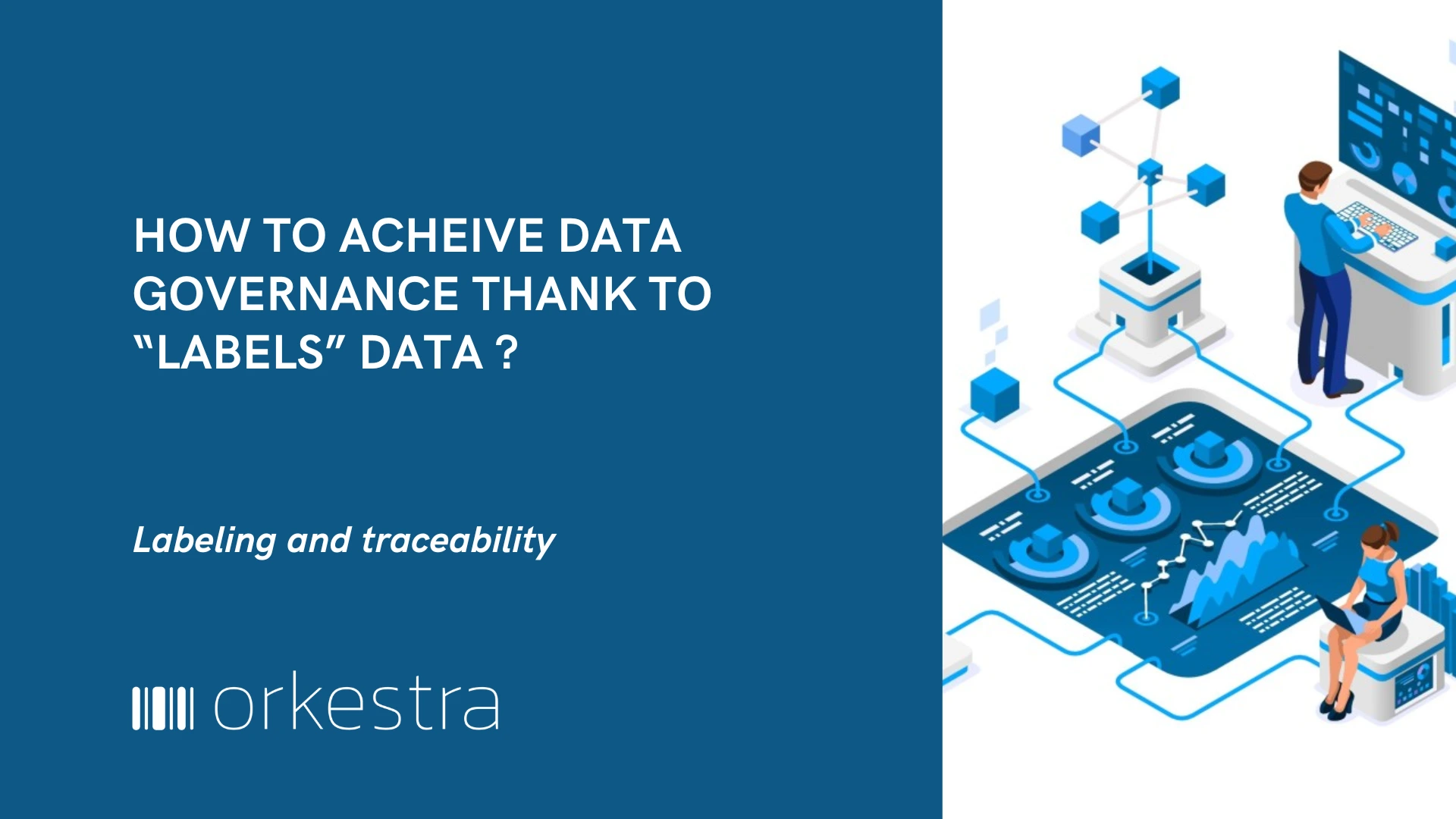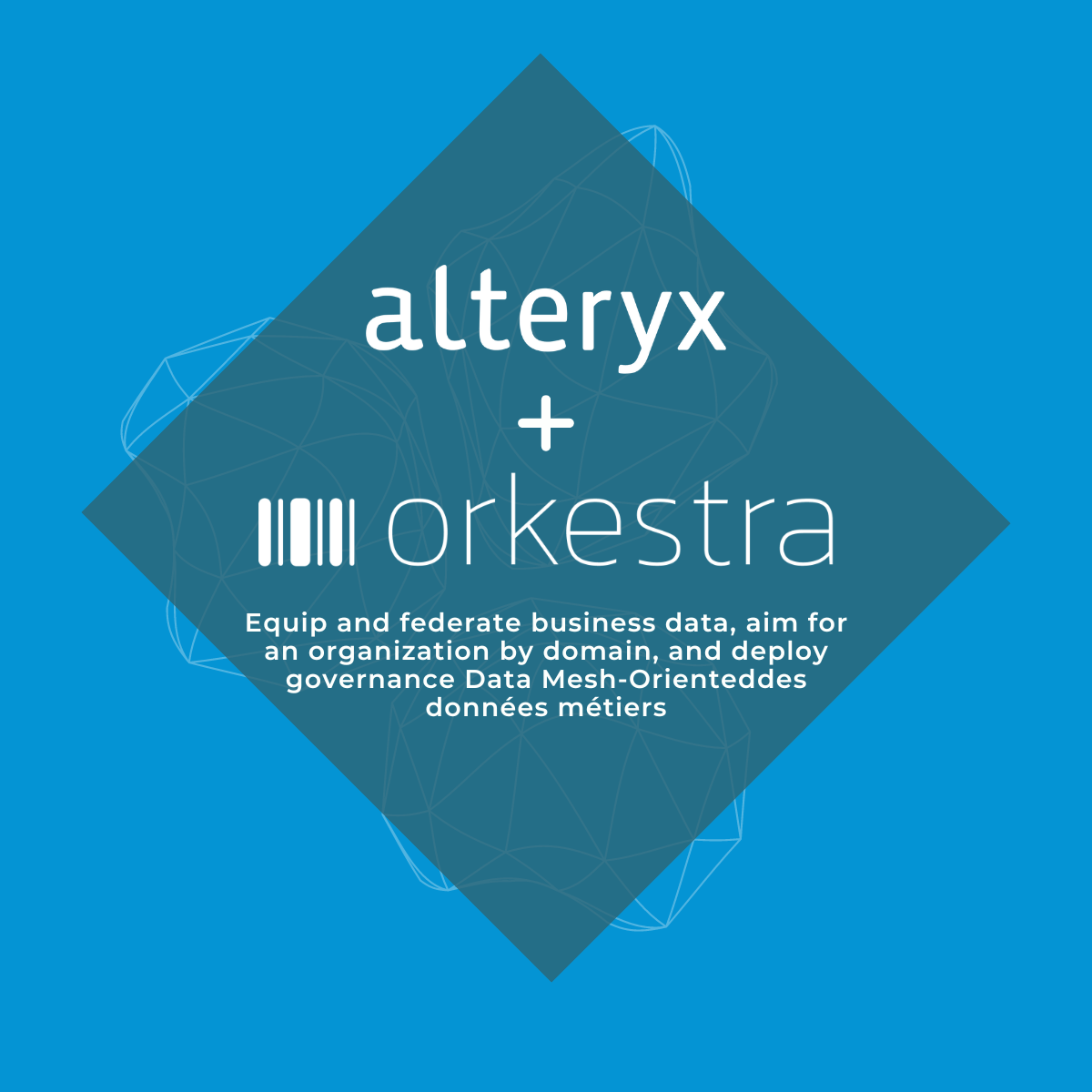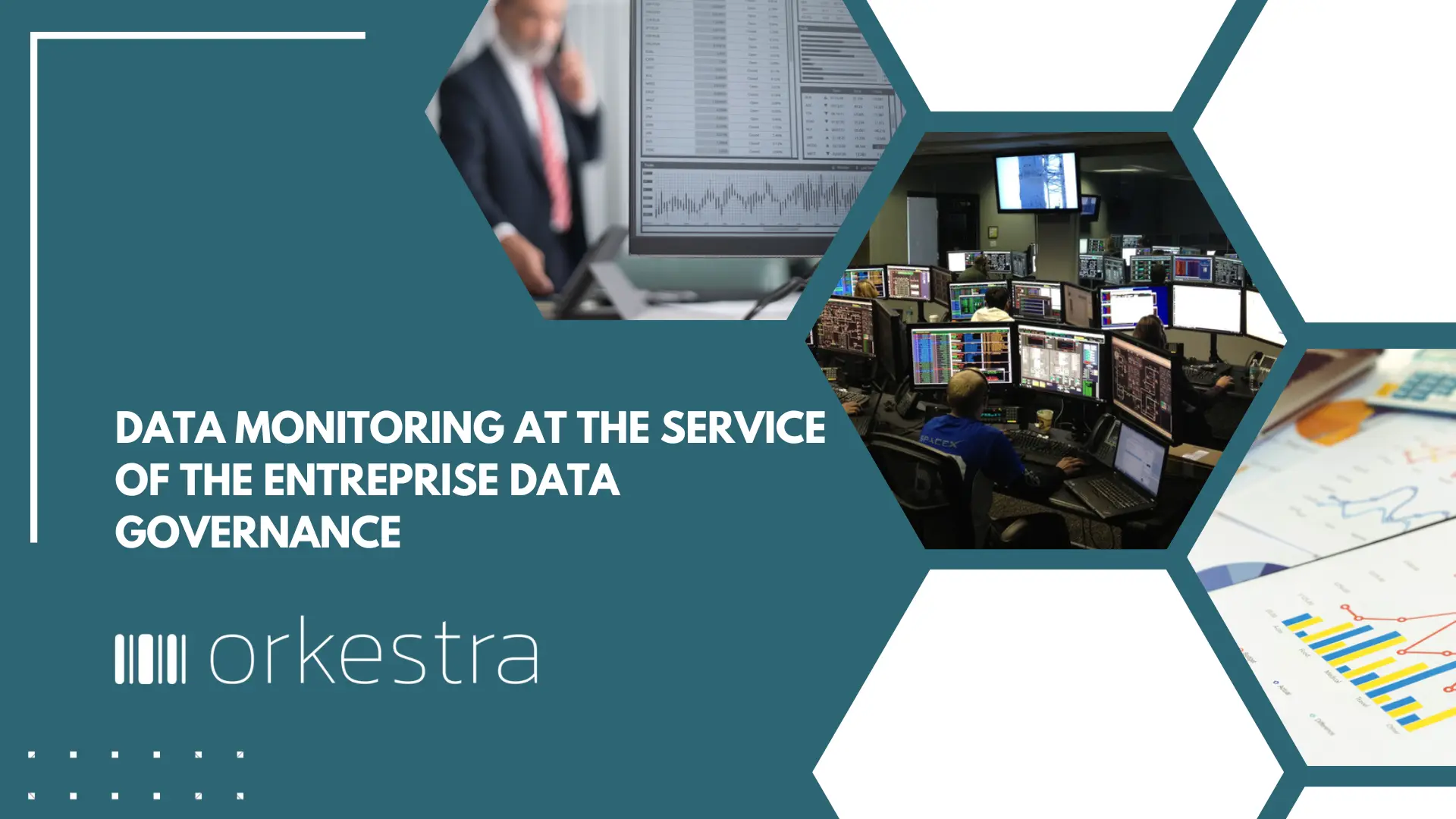Business data governance is a complementary and more operational approach than enterprise data governance and is the starting point towards a data organization oriented towards Domains and Data Mesh.
Although complex to implement, business data governance is nonetheless essential to support the proper use of data at business level.
This approach’s success can only be expected if the following 3 principles are respected:
- That the Data must be in the hands of the business
- That data fully integrates business management rules
- That the Data must be accessible and shareable
The combination of Orkestra and Alteryx solutions fully meets these principles, and together offers organizations the opportunity to build a Data Mesh-oriented business data governance system.

Orkestra, a framework for business data governance
Orkestra is a framework that allows you to manage end-to-end data processing pipelines, from integration to business process automation.
Orkestra is a logical integration framework, somewhere between a “best of breed” approach whose integration is completely self-managed, and a software package approach whose integration is complete/closed.
In an integration framework, integration takes are predefined in relation to the platform’s ambitions.
In a data framework, these integration takes concern:
- data management tools (ETL and therefore Alteryx, databases, BI / data analytics tools).
- data sources.
- data products.
The integration effort is light and allows by plug and play to quickly have a platform capable of producing business functions is rapidly available:
- The ability to integrate quickly and easily a variety of data sources on demand
- Representation of an activity context through business objects (core data model), making it possible to understand the links between data, to navigate the data.
- The ability to build data products (dashboards, cubes, advanced analytics, exports) using a data fabric (delegated or manual),
- Information correctly interprets data and data products: lineage, quality level (labeling, traceability),
- The management of data integration and final production according to a production schedule,
- Data management functions to control and monitor data (quality, origin, usage, reference data management, referential integrity control, etc.).
Alteryx, a business-oriented data processing solution
Alteryx is a data analysis tool that enables the preparation, merging and modeling of large-scale data without the need for programming skills, and is therefore aimed at business users.
Alteryx’s strength lies in allowing business users to access and combine data from different sources, clean it and prepare it for analysis, perform advanced analyses, and visualize and communicate analysis results.
Alteryx is a solution that enables businesses to work with data autonomously. This is precisely the ultimate goal we want to achieve across the entire data processing chain, and one that will allow successful governance: business autonomy.
Use Orkestra with Alteryx, and aim for the Data Mesh
When Orkestra and Alteryx solutions are coupled, it brings considerable advantages for companies in managing data workflows.
Here are just a few of the benefits:
- Traceability management : for each data pipeline, Orkestra integrates a label which is a business token that enables traceability and auditability and facilitates management dialogue and sharing of the data created. Alteryx retrieves this label and inserts it into its transformation workflow. Orkestra uses the label to drive data lineage and data governance.
- Data sharing : Alteryx transforms the data and makes it available in Orkestra via a marketplace-style interface, the Data Shop. This offers a 360° view of the data and its life cycle (producer, manager, governance associated with the dataset, quality level, etc.).
- Quality control : Orkestra evaluates the datasets produced using quality criteria defined by the business. Orkestra provides a parameterization framework for the business units and returns to them any data processed by Alteryx that does not comply with the criteria, in an understandable and accessible format.
- Accountability at the heart of data governance. Orkestra configures the governance rules for each Data Product, and the business players apply these rules to the datasets produced. Business players become actors in their own governance.
- The Data Hub : Orkestra provides a data environment for each business domain, based on a Data Hub. Orkestra provides a one-stop-shop environment to harmonize the repositories of each business domain. Data in the DataHub is unstructured and ready to use. The DataHub has two main functions: to store and historicize data from each business domain, and to harmonize business domains with each other.
A Data Mesh architecture is a distributed, federated approach. It enables business teams within a domain to perform cross-domain data analysis themselves.
To achieve this new ideal of data organization, business teams need to be empowered, trusted and given responsibility.
Orkestra and Alteryx solutions provide a framework for the use and exploitation of business data that meets these requirements and supports the organization’s Data Mesh-oriented governance approach.
Let’s take a look at the business use cases you can use to produce your data products.


